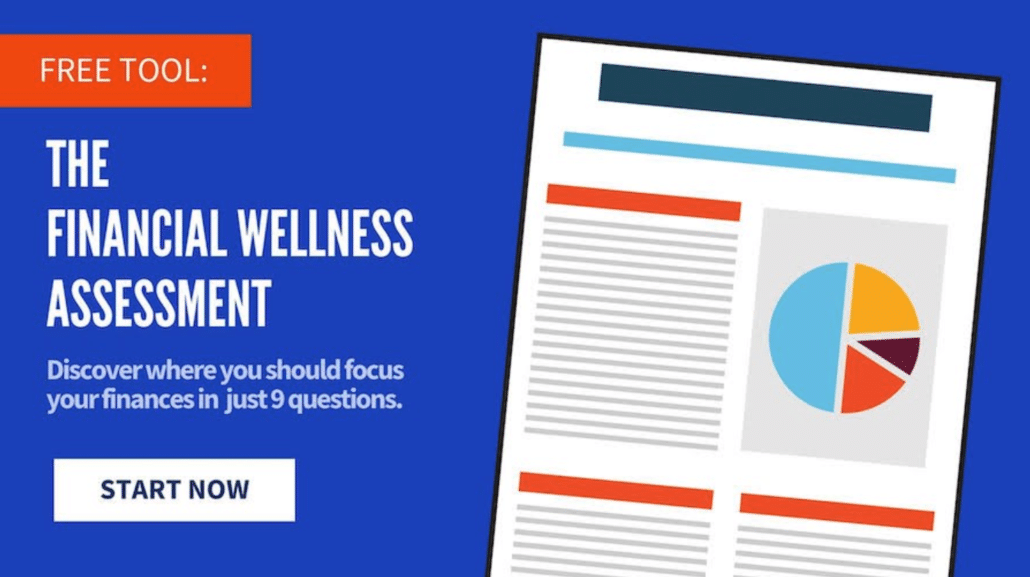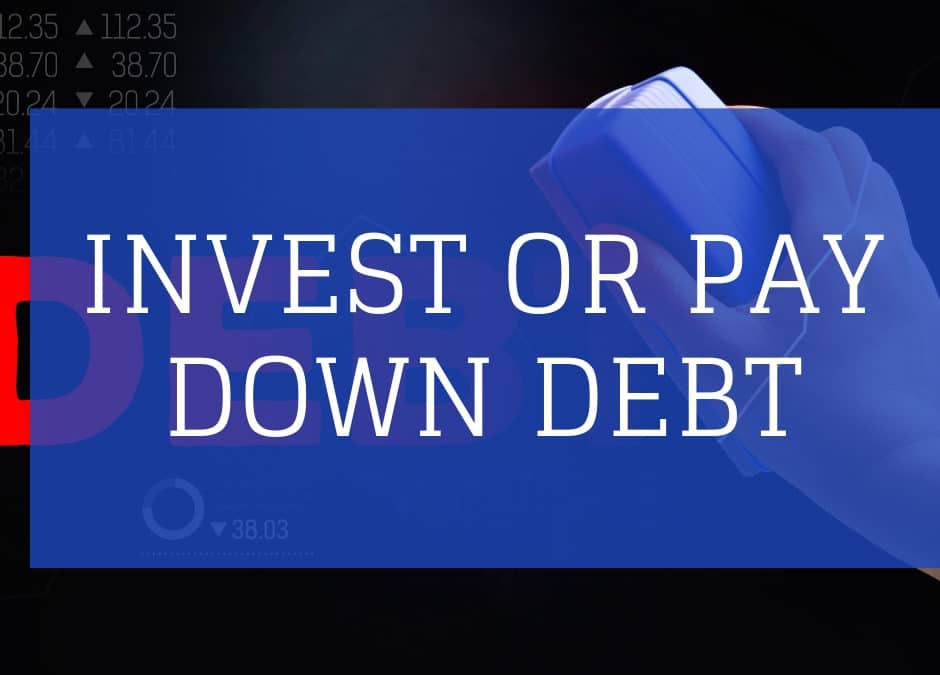Should you invest in the market or pay down debt?
Everyone has different circumstances, but there are some common variables to examine, including:
- Expected return on investments
- Interest rates on debts
- Tax benefits associated with your debt
- Tax benefits associated with investing
- Matching contributions
- Private mortgage insurance
- Variability of your income
- Number of years to retirement
Evaluating these variables can help you arrive at the optimal solution from a purely mathematical perspective. However, the decision is based as much on your personality as it is the math – after all, we don’t live in a spreadsheet.
Some people will prefer paying down debt to capture a lower, but knowable, return. Others will prefer to invest in order to capture higher, but less predictable, returns.
Even if there is no one-size-fits-all advice, below is my opinion on how to prioritize investing and debt payment decisions.
- Make contributions to your company’s retirement plan up to the level at which your employer matches.
- Pay down debts with high-interest rates relative to your expected return on investing that are not tax deductible.
- Make the maximum contributions to investment accounts that are tax-advantaged such as a 401(k) and IRA.
- Pay down debt in which you are paying private mortgage insurance.
- Pay down debt with high-interest rates relative to your expected return on investing and is tax deductible.
- Make investments in accounts with no tax benefits that are expected to earn returns greater than the interest rate on remaining outstanding debt.
- Pay down debt with reasonable interest rates (3% – 4%) and that is tax-deductible.
Nearly everyone will encounter a situation in which your money personality will dictate a re-ranking of some categories.
The hardest for me to rank were #3, #4 and #5. Assuming you are able to meet your regular minimum debt service payments, maxing out tax-deferred accounts can have a strong mathematical advantage depending on your tax bracket and time horizon.
On the other hand, my personal bias towards low levels of debt often makes me want to reshuffle the order of those three. Another option might be devoting your excess cash flow across multiple categories rather than just one.
In these situations, it is important to understand your emotions and perception of financial freedom. Using a financial advisor that acts as a fiduciary can be a great resource to help you work through these decisions and set up an intentional, disciplined plan that meets on your life goals.
Next Steps…
There are many complex decisions to make when it comes to finances. Investing vs. paying down debt is just one.
If you’re ready to start making smart decisions with your money and have confidence you’re doing the right things to build your wealth here a few other resources you may find helpful:
- Take my financial wellness assessment and learn in just 9 questions your biggest areas of opportunities you should be focusing on in your finances.
- Download the free worksheets and checklists I have that will help you set your financial goals, decide if you should rent or buy a house, and many other important finance decisions.
- If you want someone who can make answering complex decisions in your finances easy, schedule a free 15-minute call with me. We can discuss where you’re at in your finances and how I can help.
…
RESOURCE: Do you want to make smart decisions with your money? Discover your biggest opportunities in just 9 questions with my Financial Wellness Assessment.















